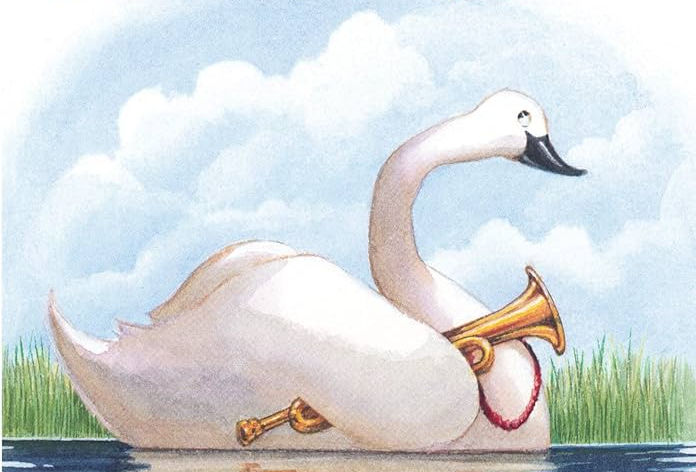Concerning Hobbits
- Joe

- Jul 23, 2021
- 3 min read
Updated: Nov 16, 2023
If you're a fan of The Lord of the Rings and haven't seen the extended versions of the films, you should give them a watch. Though they make already long films even longer, nearly everything Peter Jackson added brings it nearer to the source material and enhances the story. Even some of the more gratuitous examples of lengthened scenes are thoroughly enjoyable, like Legolas unleashing six arrows in rapid succession (at Amon Hen) instead of three. Today we'll limit the discussion to the first entirely added scene in The Fellowship of the Ring.
Following the opening, which shows the major events of the Second Age of Middle-earth (namely the creation of the One Ring and the Last Alliance of Elves and Men) as well as the path of the ring from Isildur to Gollum to Bilbo, we get a short discussion of Hobbits. Called 'Concerning Hobbits' it comes directly from section one of the Prologue to the Fellowship of the Ring book. In there it's the very first few pages of the story and included as an aid to understanding its main characters, especially if the reader missed The Hobbit, the prequel and original work by J.R.R. Tolkien.
Concerning Hobbits, and everything else that prefaces the Lord of the Rings, is written like Middle-earth was a precursor to our current day world and reads like matter-of-fact ancient history drawn from the best available sources. Hobbits have been around a long time and live a peaceful country life unbothered by complex machinery. They are tiny in stature and crafty with their hands. They love to eat, drink, be merry and give gifts. The most common type of Hobbit (for there are three breeds), has primarily lived in holes and tunnels in the ground. They speak the common tongue of men, a holdover from the past, though Hobbits living in the borderlands have more contact with the 'big folk.' Their keeping of the years, called 'Shire-reckoning,' began when they first settled the Shire well after the beginning of the Third Age. Since then, for hundreds of years, the vast majority of Hobbits don't know or care what's happening beyond their borders. They also know nothing of war or fighting with weapons but are still a surprisingly tough and nimble people. There's more too: Hobbits don't trust boats or large bodies of water, they have a peculiar interest in round windows and doors, and they typically live in a single dwelling with their large extended family.
'They were, in fact, sheltered, but they had ceased to remember it.'
Of course we don't need all this, even for an extended edition of the film. What we get is a simple summation being put down on paper by an older Bilbo for There and Back Again (which of course is The Hobbit).
I think I love this addition more than any other. On top of being drawn into the expansive fictional world by Ian Holm's voice, understanding Hobbits and the life they live is necessary to grasping the journey ahead. How could a person so small and unimportant change the world? Well it turns out they can do even better, they can save it, regardless of how much the journey required seems outside their nature. It's an inspiring tale for that reason, one that also involves sacrifice and determination, friendship and loyalty, and good versus evil, but it all starts in the quaintest of places: Hobbiton. Ultimately they just want to protect their simple life. The score for this scene is tremendously tranquil too.
Especially interesting to me is the line 'for all Hobbits share a love of things that grow,' used to introduce Sam, a gardener. In the films the Hobbits see plenty of desolation but the Shire is left untouched, still a Garden of Eden. That's not how it goes in the books, though that's a subject for another day. I guess in my head this scene still sets up that true ending, one wholly anti-climatic and yet essential, so to me it's a bit of a spine-tingling tease along with everything else.
Subtlety too often seems to be a lost art and generally in films or novels I want to be shown things, not told. Frequently I'm annoyed when we're beaten over the head with details the creator needs to convey. But here's some perfection in Bilbo sitting down at his desk and composing an explanation of his kin. Briefly a struggle to begin his book, perhaps this even mimics Tolkien himself. In a fantasy world as deep and rich as Middle-earth, and at the outset of a complicated story, something can be given to us outright, right?





Comments